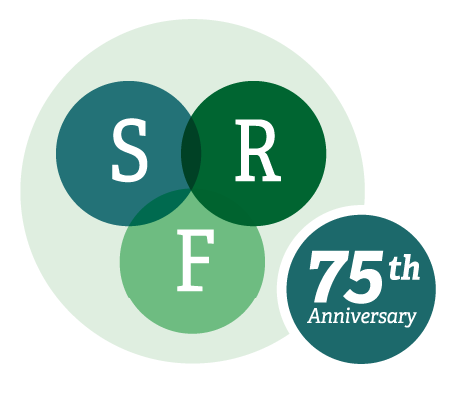New Investigator Award
SRF members, or those whose membership applications are under consideration, who are within 10 years of being awarded their PhD (or equivalent qualification) are eligible to be nominated for the award by colleagues. Recipients present their lecture at the annual Fertility meeting (usually at the SRF Satellite Day) and also at the annual SSR conference in the USA, with all travel, accommodation and conference registration paid for by both societies.
The nomination and award process are as follows:
- The New Investigator nominees must be SRF members for a minimum of 6 months.
- Nominees will be evaluated on the originality, significance, and impact of their research in reproductive sciences or allied fields, and the degree to which their research was independent of that of direct supervision.
- A system of nominator and one or more supporting seconders is required for each nomination.
- The nominators must address the key criteria detailed below.
- The Programme Committee (PC) will make recommendations to the Council on the award. In the event of a conflict of interest* with members of the PC, other Council members who declare no conflict of interest can be co-opted onto PC to assess the nominees.
- All members of Council will vote on candidates recommended by the PC. In the event of a tie, the final decision will be made by the PC.
- Current Council member are not eligible for nomination.
*Conflict of interest for the PC member includes involvement in the nomination process of one of the candidates OR publication/active collaboration with the nominee in the last 5 years.
Award Criteria
- Originality, independence, and conceptual breakthroughs.
- Contribution and significance to the field of reproductive sciences. Evidence for this includes all or some of the following:
- Peer-Reviewed Publications
- National and International Awards
- National and International Invited Presentations
- Grant Awards
- Commitment to the field e.g. involvement in societies, outreach, reviewing papers
- Institutional Responsibilities
- Supervision or junior colleagues or students
- Research collaboration
- Development of important new methodology, technology, and/or clinical procedures with clear applications in basic research, animal or human clinical practice, or assisted reproductive technologies.

